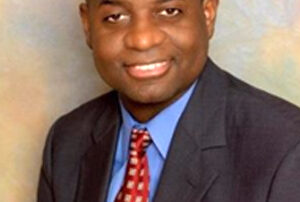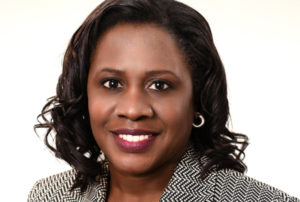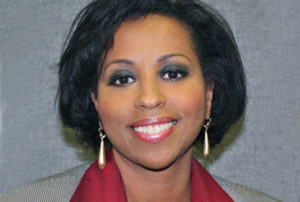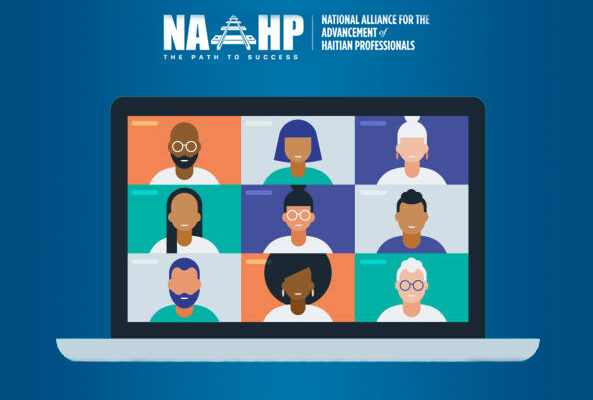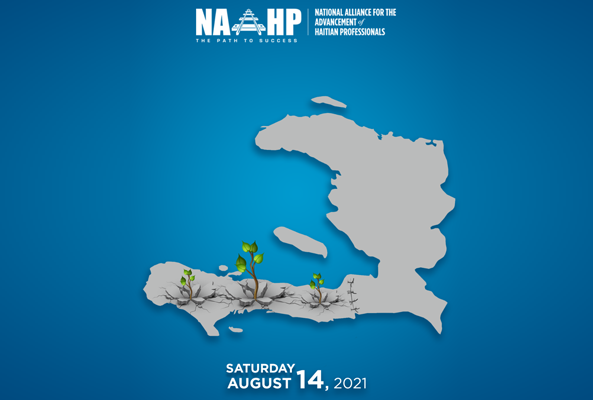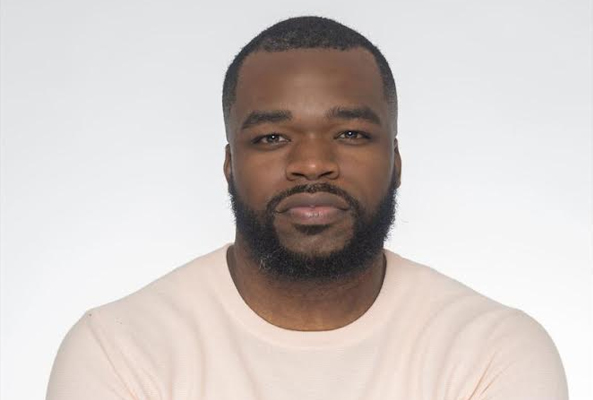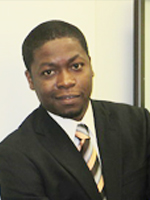
Clifford Nau
Tell us about yourself
I am Clifford Nau, I was born and grew up in Port au Prince, Haiti. I attended St Jean l’Evangeliste primary school, College Canado Haitien High school, CTPEA for my bachelor degree in Quantitative Applied Economics and Georgia State University for my Master in Public Policy. After completing my undergraduate at CTPEA, I chose to work in the Ministry of Economy and Finance (MEF) at the Department of Economic Studies (DES) which essential attributions is to formulate the economic guidelines, to undertake studies on economic matters and to propose adequate measures to the government.
I like to build friendships, coach kids about personal development, play soccer and share my experience from Haiti with friends. My classmates used to describe me also as a very ambitious and fair person, because I like to bring new ideas to the table, take risks to pursue my dreams, and always try to give everyone a chance in life. Moreover, I am passionate about developing business opportunities in the Caribbean, and want to foster my entrepreneurial and leadership skills to create wealth and prosperity in my country.
What led you to pursue your career?
At 17 years old, I was selected to represent Haiti, to “the Ruta Quetzal Argentaria”, an intercultural program in Spain for students around the world in order to develop an international network for young leaders. Visiting Spain and Panama for this program helped me understand how businesses and strong economies shape people’s lives. It also helped me understand how different and poor my country was, compared to others. Since then, I have always been interested in understanding why some countries prosper and others do not? Studying economics in college was a way for me to address the problem of poverty in Haiti. When I finished my secondary school, I prepared and passed the contest to study applied economics as an undergraduate at the Center for Planning Techniques and Applied Economics (CTPEA), the top economic school in Haiti, where they had chosen the 35 best competitors among 700.
Now, working in the ministry of Economy and Finance as economist and policy analyst is a way for me to help decision makers take difficult decisions related to macroeconomic policies, regulation policies, and all public policies affecting our economic landscape.
What have been some of your professional highlights?
- National Coordinator for Haiti for International Network on Financial Education (INFE) at Organization of Economic Cooperation and Development (OECD),
- First Haitian selected to be New Leader Council Institute fellow in Atlanta in 2013.
- Professor of Public Policy at CTPEA, first class of policy process and policy analysis ever in Haiti.
- Phi Beta Delta inductee Honor Society for International Scholar at Georgia State University, 2012
- Selected as a member of the national economist group for the new macroeconomic framework for HAITI donors conference in New York in March 31, 2010. Over US $5 billion was pledged for Haiti’s recovery.
- Awarded a Fulbright Scholarship, 2011
- Represented Haitian government to the regional workshop focused on the best policies for growth and competitiveness of Caribbean SMEs. Proposed in the conference a public-private-civil society partnership to support financial education and entrepreneurship in the region, proposition accepted.
What have been some of the challenges you’ve had to face?
- Lack of organization in Haitian institutions that lead to inefficiency.
- Lack of opportunity to young professionals to express their competencies and to lead organization.
- Innovation problem, it’s very hard to come with innovative ideas and to present them to those who run institutions.
- Poverty, it’s the most important challenges that someone can face in Haiti, I am not talking about lack of food, but about scarcity compare to abundance. This type of environment drive many people to become untruthful, selfish and value claimer instead of value creator.
Do you personally know other Haitians in your field?
I personally know several Haitians, Haitian American, and Haitian Canadian with public policy and economic policy degrees working as policy analyst, economist, consultant in prestigious institutions in Haiti, Canada, the US, Germany. Some are my peers and colleagues, others my professors.
What do you feel is next for your career?
I see myself create value where ever I want to be, especially in my lovely country AYITI cheri. I am working to design a program to help young economist, statistician, and other professionals to gain policy analysis skills to better design, implement and evaluate their projects. In December 2014, I plan to launch an institute for policy professional where we will be able to provide executive education on leadership, public policy and management to public officials, business and civil society leaders in Haiti. This organization will support philanthropic projects dedicated to granting scholarships for graduate education in public affairs and business administration to Haitian students and professionals.
On the other hand, I plan to create in 2015 a nonprofit organization working in financial literacy whose mission is to expand economic opportunities in underserved communities through economic education and empowerment. This institution will help governments design and implement national programs of financial education at schools and universities.
What would be your advice to young people who want their careers and lives to have an impact?
First, you need to answer to the most important question which is WHY? Why you want to make an impact. This answer will shape your goal in life, your mission, and most importantly your purpose. How, when, where, with who, are questions that would help you better implement your idea.
Second, self disciplines, organization, innovation, team work, learning, are keys that will allow you to successfully reach your goal in life. For example, I always write down and follow, my monthly plan, my weekly plan, and my daily plan.
Third, making an impact in your community, your family, your country or everywhere else means, changing the status quo for good or bad, preferably good. Either way, you will face serious challenges, because people over time become comfortable in their routine. That is, you will need resilience, self control, political skills, and good social skills to negotiate with future key players.
Fourth, BELIEVE IN YOURSELF. Try to be surrounded by positive people who will encourage you and provide constructive criticism, and at the end of the day, want you to be happy.
Fifth, for those who believe in God, pray as long as you can and ask God to help you on your road to the success.
What do you think can be done for Haiti to develop financial assistance without having to be reliant upon others in times of crisis?
It’s a very complex question. I am pretty sure there are many papers about this in Haiti, I wrote a paper about strategies and policies to attract Diaspora investment in Haiti. We need a political will from our government, our private sector and from our civil society to develop financial sustainability in Haiti. Job creation, small and medium enterprises reinforcement, education, public health improvement, good governance, strong financial market, law enforcement, are areas to focus in order to help Haiti.
Do you believe a campaign highlighting the positives of Haiti would be worth exploring to take away the stigma of it being impoverished?
Yes we need campaigns highlighting all of the positives of Haiti and encouraging young professionals in the Diaspora to work closely with their peers in Haiti.
Would you recommend NAHP to Haitian students and professionals? Why?
Of course I would. NAHP allowed me to, not only be aware of great Haitian professionals making impact in the US which stimulates me to do more for Haiti, but also, It’s a great opportunity to connect with them and implement joint venture projects for Haitian around the world.

 English
English Français
Français Donate
Donate Partner
Partner Shop
Shop Login
Login